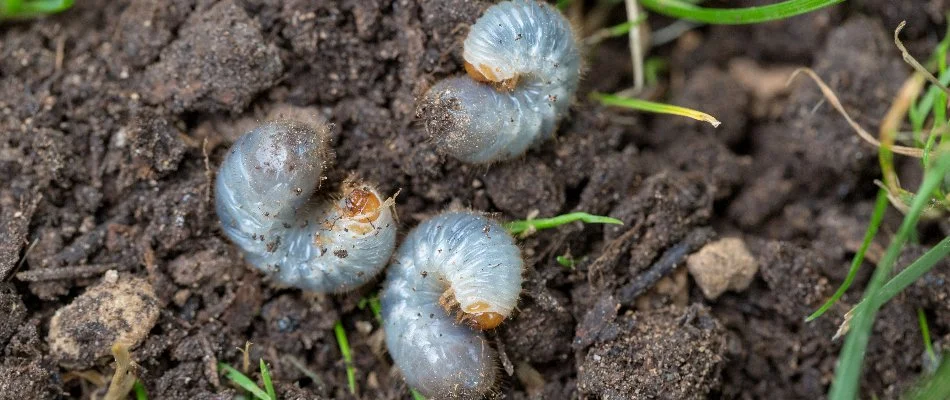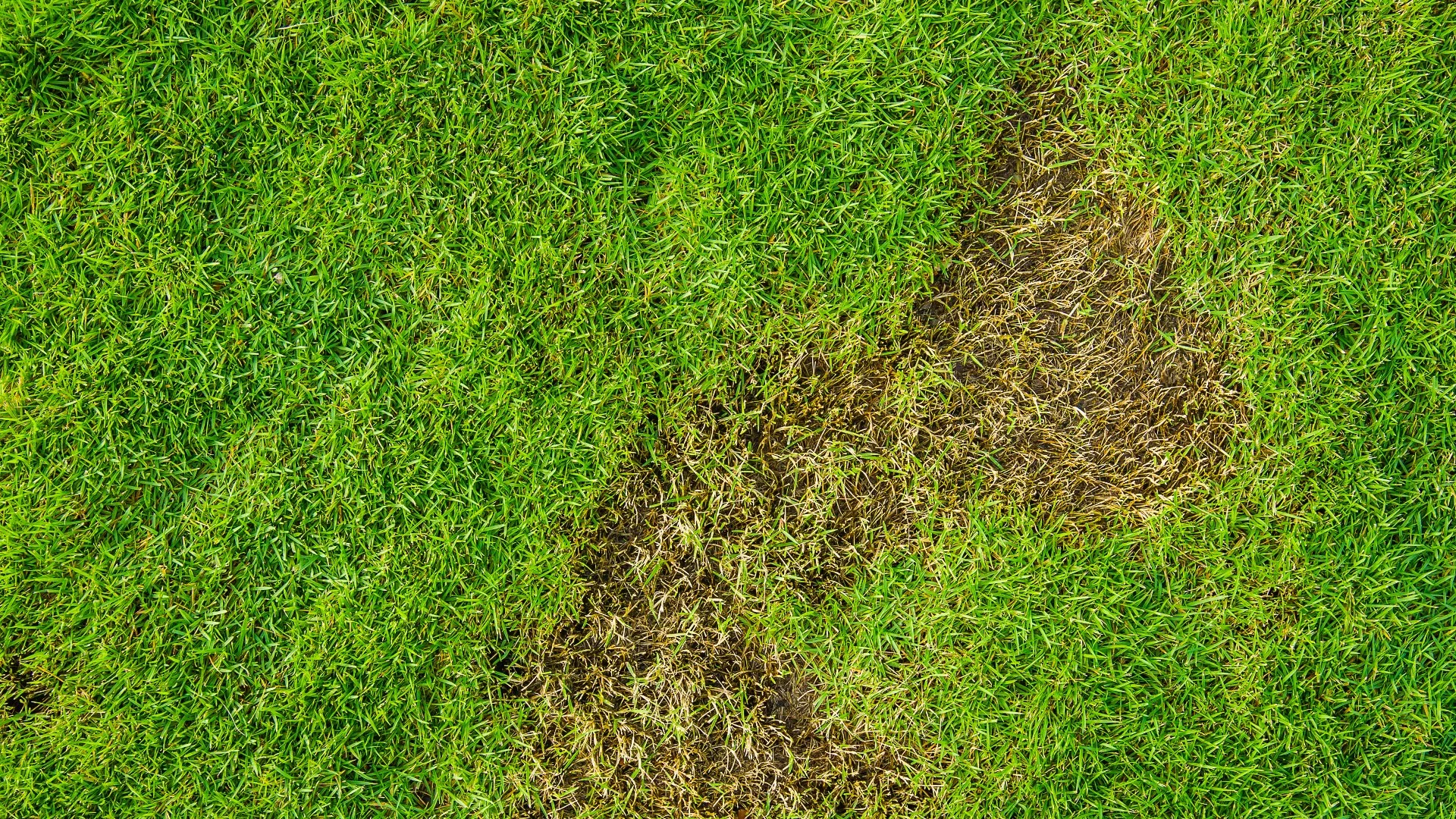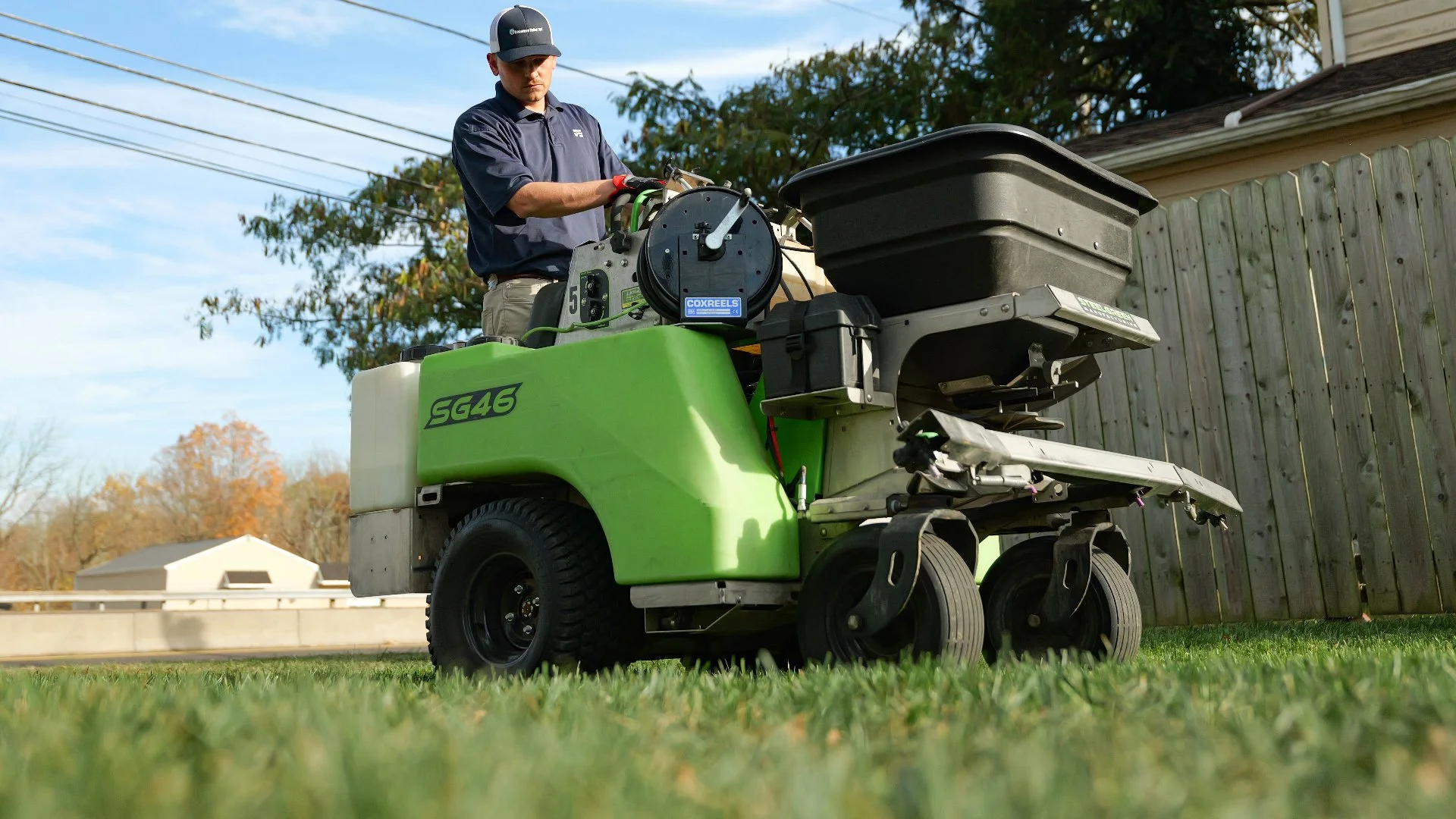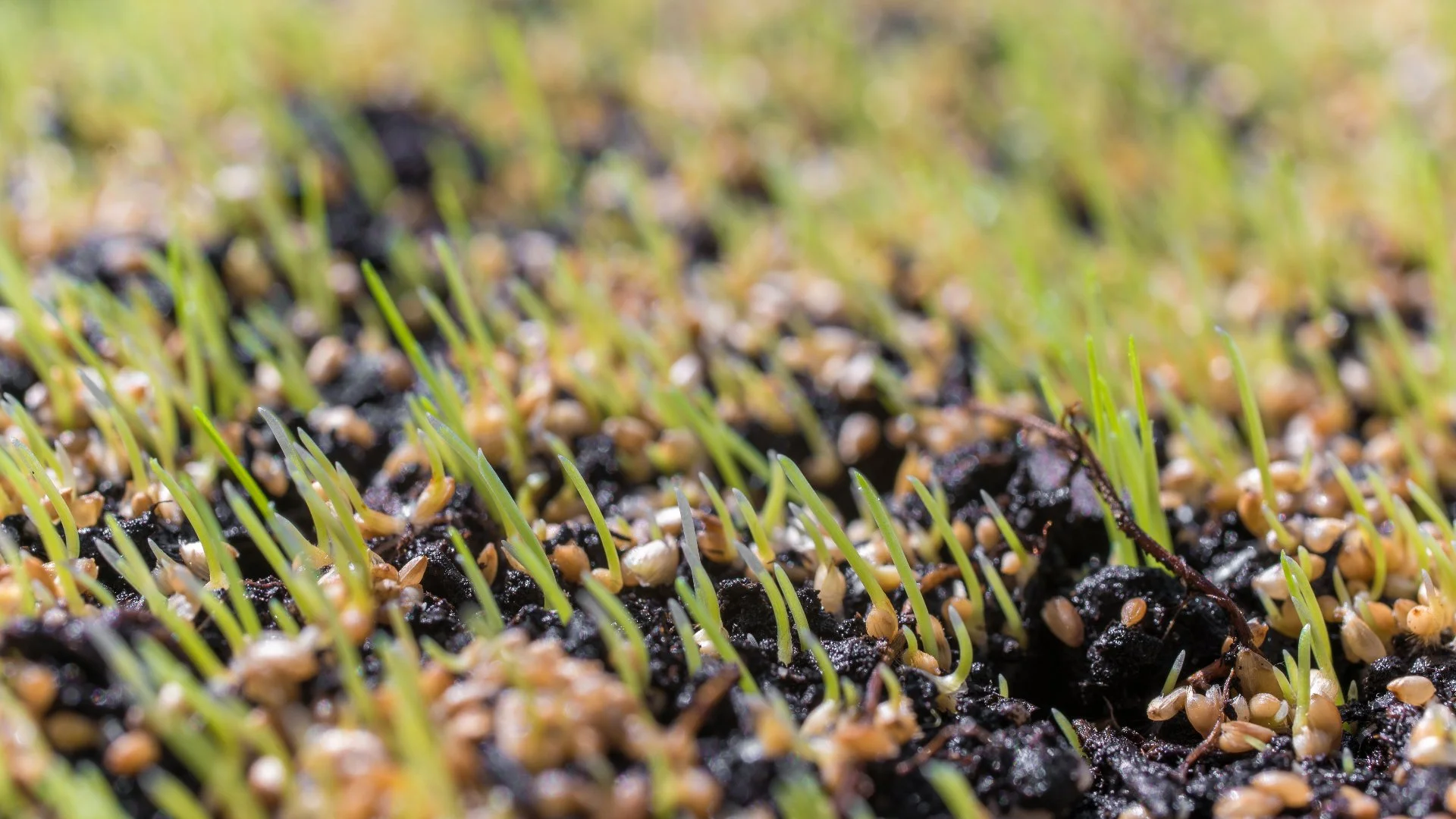Grubs are invasive lawn pests that damage your grass by feeding on the roots. The best way to save your lawn from grub damage is through preventative grub control treatments. This treatment is sprayed on your lawn and sinks in the soil, reaching the root layer where grubs feed. It targets newly hatched grubs and eliminates them before they have the chance to feed on the roots of your lawn. Preventative grub control treatments should be applied in July to ensure the product works in time when grubs hatch and before they cause problems. Skipping preventative grub control treatments can be detrimental to your grass in Delaware or Pennsylvania. Grubs could infest and damage your lawn, and you'll have to schedule a curative treatment to get rid of them. You'll also need to invest in lawn care services to help it recover, as curative treatments cannot undo any damage.
How do preventative grub control treatments work?
Preventative grub control treatments are a proactive way to deal with grubs and ensure they don't do any damage to your lawn. It is applied as a liquid insecticide sprayed on your lawn that will sink into the soil. The product will reach the root layer and act as a blanket of protection by targeting newly hatched grubs and preventing them from feeding on the roots of your grass. By taking advantage of preventative treatments, your lawn will be safe from the extensive damage that grubs can cause.
When should preventative grub control treatments be applied?

Proper timing for preventative grub control treatments is crucial. Because the treatment works to prevent grubs, it should be applied at the right time to get ahead of when grubs hatch and are still defenseless! Preventative grub control treatments should be applied in July to yield effective results.
Grubs hatch around mid- to late summer, so July is the best window to administer your preventative treatment. The eggs have not yet hatched during this time, and the product has enough time to sink in the soil and reach the root layer. This way, when the eggs hatch, the product has penetrated the soil already and can effectively target these invasive pests. When the treatment is applied too early, it might no longer work when grubs hatch and start feeding on the roots. Meanwhile, the grubs might have already started harming your turf if you apply it too late.
What happens if you skip preventative grub control treatments?
If you skip preventative grub control treatments, you risk grubs infesting and causing severe damage to your lawn. Grubs feed on the roots of your grass, which means its connection to the soil where it gets nutrients will be severed. This will result in a patchy and weak lawn that feels soft when you walk on it. You'll then have to schedule a curative treatment to eliminate the existing grubs on your lawn!
While curative treatments are effective in tackling grub infestations, they will not undo any damage that grubs have already done to your turf. Investing in lawn care services is the only way to help your lawn recover from grub damage and restore its lush and vibrant appearance.
Call our team today to sign up for our grub control service!
Grubs can cause serious damage to your lawn when left to their own devices. That's why you want to ensure they don't ever become an issue in the first place! This is where we will help. Our team at Delaware Valley Turf offers a grub control service to property owners in Newark, DE, Doylestown, Blue Bell, New Hope, PA, and other nearby areas. We provide preventative grub control treatments to prevent grubs from destroying your lawn, but we also have effective curative treatments to eliminate infestations and stop them in their tracks. Give us a call today at (610) 328-4170 to sign up for our grub control service!






Comments (0)
Thanks for your comment!
Thanks for your feedback! Your comments have been successfully submitted! Please note, all comments require admin approval prior to display.
Error submitting comment!
There is a problem with your comment, please see below and try again.